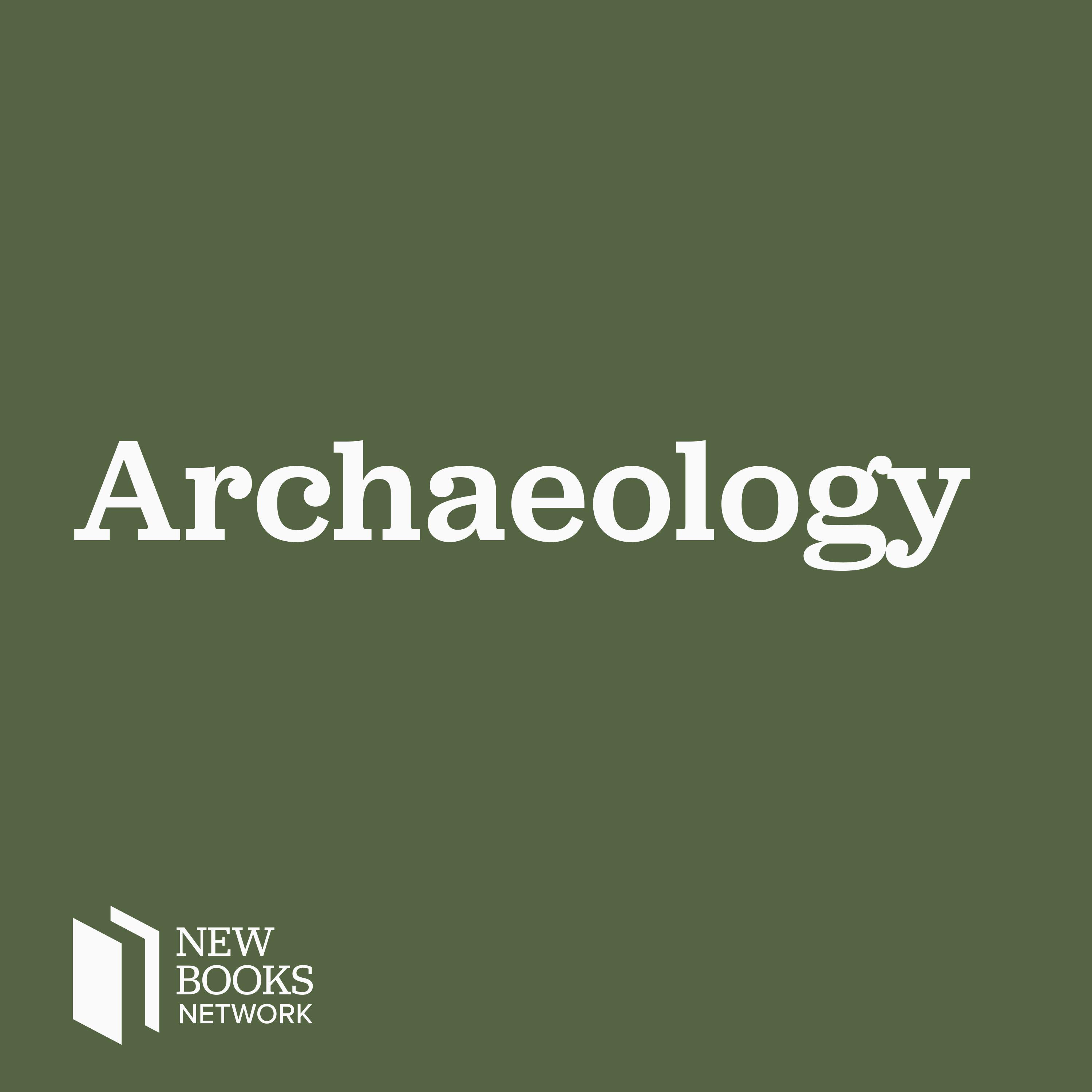Nayanjot Lahiri, "Searching for Ashoka: Questing for a Buddhist King from India to Thailand" (SUNY Press, 2023)
Description
Blending travelogue, history, and archaeology, Searching for Ashoka: Questing for a Buddhist King from India to Thailand (SUNY Press, 2023) unravels the various avatars of India's most famous emperor, revealing how he came to be remembered—and forgotten—in distinctive ways at particular points in time and in specific locations. Through personal journeys that take her across India and to various sites and cities in Sri Lanka, Myanmar, and Thailand, archaeologist Nayanjot Lahiri explores how Ashoka's visibility from antiquity to the modern era has been accompanied by a reinvention of his persona. Although the historical Ashoka spoke expansively of his ideas of governance and a new kind of morality, his afterlife is a jumble of stories and representations within various Buddhist imaginings. By remembering Ashoka selectively, Lahiri argues, ancient kings and chroniclers created an artifice, constantly appropriating and then remolding history to suit their own social visions, political agendas, and moral purposes.
Nayanjot Lahiri is Professor of History at Ashoka University. Her previous books include Finding Forgotten Cities: How the Indus Civilization was Discovered; Marshalling the Past: Ancient India and Its Modern Histories; and Ashoka in Ancient India, which was awarded the John F. Richards Prize in South Asian History in 2016.
Raj Balkaran is a scholar of Sanskrit narrative texts. He teaches at the Oxford Centre for Hindu Studies and at his own virtual School of Indian Wisdom. For information see rajbalkaran.com.
Learn more about your ad choices. Visit megaphone.fm/adchoices
Support our show by becoming a premium member! https://newbooksnetwork.supportingcast.fm/archaeology
More Episodes
Archaeology as a discipline has undergone significant changes over the past decades, in particular concerning best practices for how to handle the vast quantities of data that the discipline generates. As Shaping Archaeological Archives: Dialogues between Fieldwork, Museum Collections, and...
Published 05/19/24
Published 05/19/24
In Xiongnu: The World’s First Nomadic Empire (Oxford UP, 2024), Bryan K. Miller weaves together archaeology and history to chart the course of the Xiongnu empire, which controlled the Eastern Eurasian steppe from ca. 200 BCE to 100 CE. Through a close analysis of both material artifacts and...
Published 05/01/24


